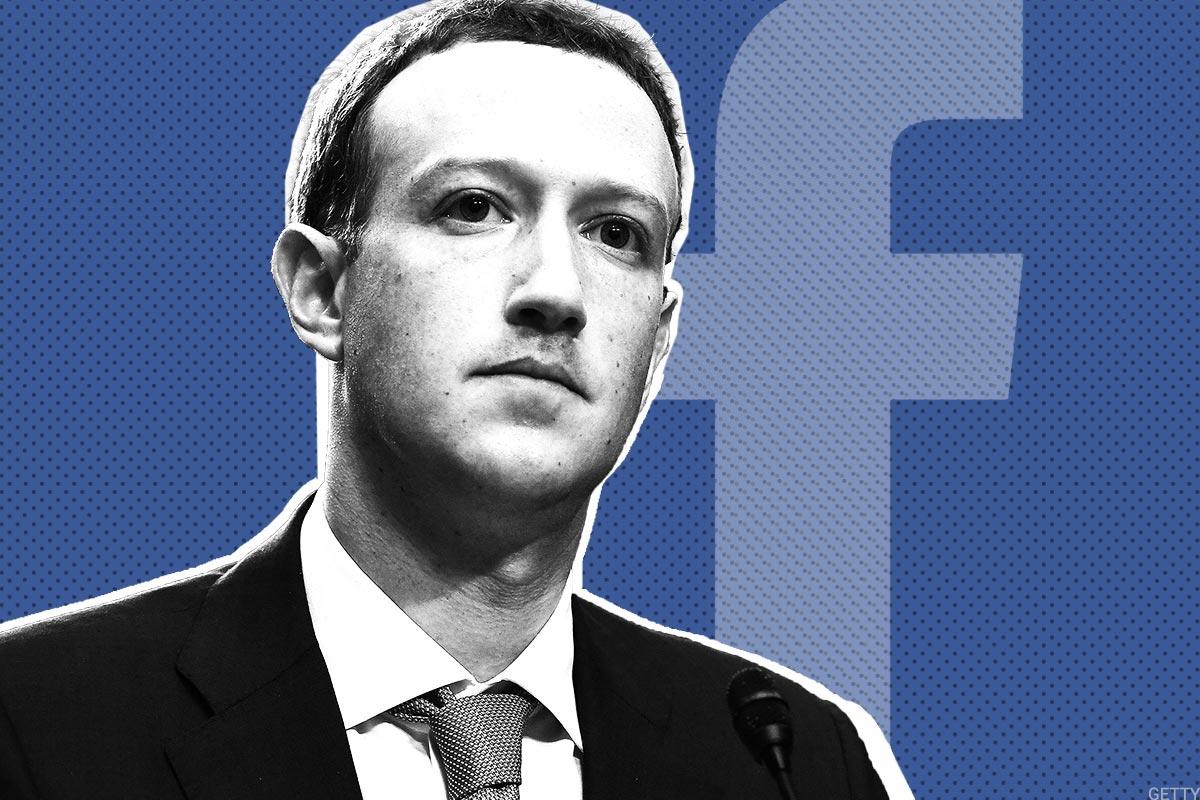 Stocks quotes in this article: FB , GOOGL , PYPL , EBAY , SHOP , AMZN
Stocks quotes in this article: FB , GOOGL , PYPL , EBAY , SHOP , AMZN
Facebook ( FB ) and Alphabet ( GOOGL ) both want to make it easier for businesses to do business on their platforms.
Last week, in a much-discussed Facebook post outlining long-term goals he has for his company, Mark Zuckerberg said that over the next decade, Facebook hopes to “build the commerce and payments tools so that every small business has easy access to the same technology that previously only big companies have had.”
And in line with past remarks, Zuck suggested that Facebook wants to better integrate its commerce and payments tools so that “anyone can sell products through a storefront on Instagram, message and support their customers through Messenger, or send money home to another country instantly and at low cost through WhatsApp.”
Separately, on Tuesday, Google announced that it’s buying Pointy, an Irish startup that provides hardware, software and services meant to help small businesses quickly make their products available through an online storefront.
TechCrunch reports hearing the acquisition price is $163 million, and that Pointy is working with about 10% of U.S.physical retailers in certain verticals, such as toys and pet supplies.It might not be a coincidence that the deal follows Google’s recent hiring of former PayPal ( PYPL ) COO Bill Ready to be its President of Commerce.
From all indications, Google and Facebook’s main motivation for providing businesses with new commerce and payments tools isn’t to create revenue via things like commissions and payment fees, but to strengthen their ad businesses.If it becomes easier for consumers to discover and purchase goods and services on their platforms, Google and Facebook reason, businesses will have a greater incentive to both buy ads on its platforms and bid more for ad inventory.
Facebook claims that 140 million small businesses around the world use its platforms.This in turn implies that no more than 5% of small businesses using Facebook’s platforms currently buy Facebook ads, given that the company reported having seven million total active advertisers (including larger businesses) last year.Just getting that penetration rate to around 10% would be a big win.
The fact that Facebook is getting serious about e-commerce wasn’t exactly a secret prior to Zuckerberg’s latest remarks — indeed, one of my 2020 tech predictions (No.20) was that Facebook’s e-commerce momentum accelerates.
Last year, the company unveiled its cross-platform Facebook Pay payments service, began rolling out an Instagram checkout service and unveiled some features for its Marketplace service (already a thorn in Craigslist’s side) that position it to compete against eBay ( EBAY ) going forward.
Facebook also took the wraps off its Libra cryptocurrency initiative, which — if approved by regulators — could enable things such as low-fee remittance payments and digital microtransactions.But even if regulators thwart Libra, Facebook clearly has a slew of other options for driving more commerce activity on its platforms.
Google, for its part, has taken steps to let consumers clicking on its Google Shopping e-commerce ads (often seen on search pages) buy items without leaving Google’s website.The company has also invested in machine learning-powered tools that help small businesses easily optimize their Google ad spend, as well as in ad solutions tailored for local businesses.
To some degree, Facebook and Google’s efforts to provide storefront-building tools represents a challenge to Shopify ( SHOP ) , which offers an array of solutions meant to help small businesses sell online (and in some cases, elsewhere).
That said, last week, Shopify CEO Tobi Lütke insisted Facebook’s efforts are a positive for his company, given his company’s long history of working with Facebook and the fact that Shopify’s platform works across a variety of commerce channels.The media always tries to craft an SHOP vs.[company] narrative…We’ve been working with Facebook on every commerce experiment over the last decade.
The more places become active commerce channels the more valuable a multi channel software like Shopify becomes.
https://t.co/iILGXIHfam — Tobi Lutke (@tobi) January 10, 2020
Amazon.com ( AMZN ) , whose burgeoning e-commerce ad business is a competitive threat for Google and (to a lesser extent) Facebook, might be in the crosshairs a little more.But Amazon Prime, the company’s massive fulfillment/logistics infrastructure and the sheer size of its seller marketplace are all competitive strengths that won’t be going away.Of course, given that e-commerce still only accounts for about 15% of U.S.
retail spend after backing out things such as cars, fuel and restaurant purchases, online shopping is hardly a zero-sum game.And when one also accounts for how Facebook and Google’s efforts to win over small businesses also aim to drive more ad buys from local/offline businesses, they don’t have to eat Amazon’s lunch to pay off.
Get an email alert each time I write an article for Real Money.Click the “+Follow” next to my byline to this article..